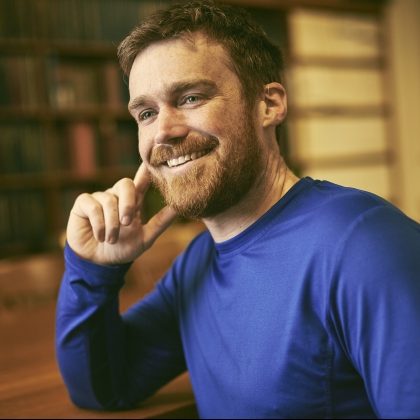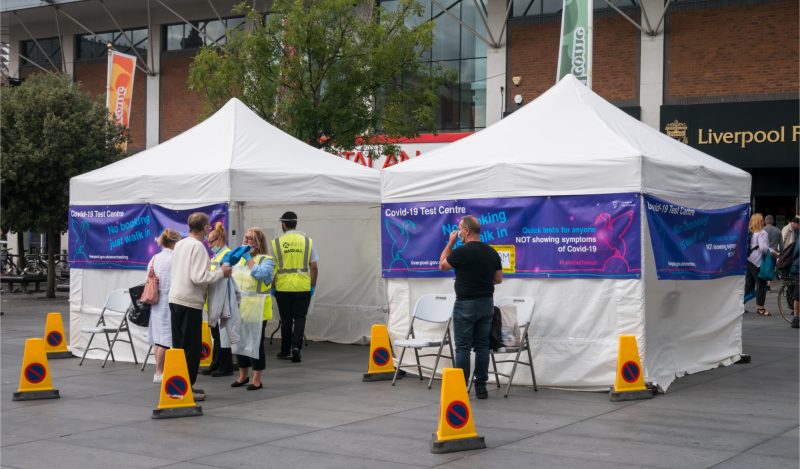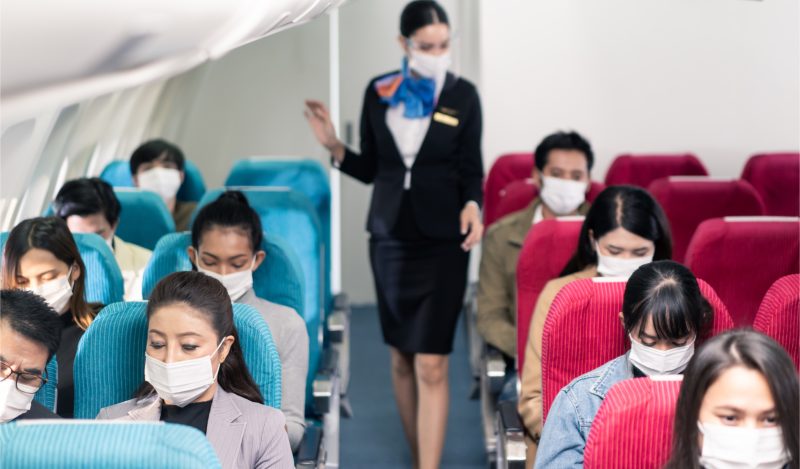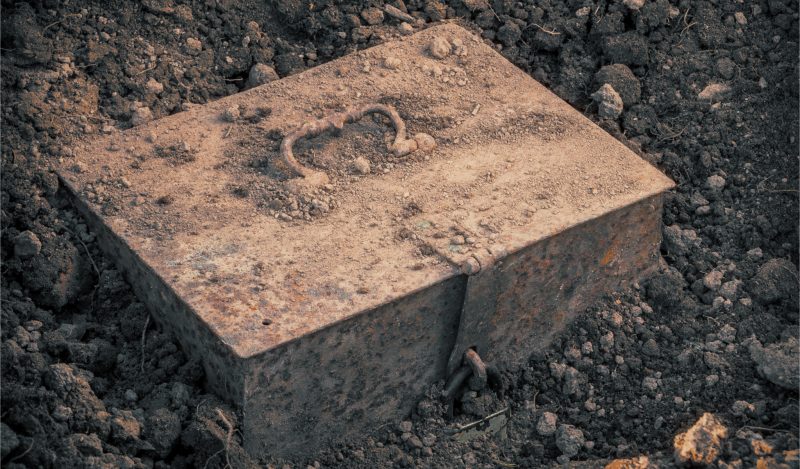The Nature of Lab Origin Investigations
SHARE | PRINT | EMAIL
Independent journalists, empowered by FOIAs, were the ones who learned that Andersen et al. first believed a lab origin was likely and told the NIAID official w... Read more.
Congress’ Unscientific Spillover
SHARE | PRINT | EMAIL
One hopes the “good guys” win in the end, but that is never a given. If we want the good guys to win and if we want science to be all it can be for society,... Read more.
The “Boys Will Be Boys” of Science
SHARE | PRINT | EMAIL
As a consequence of their successful lobbying and jockeying for power, they got what they wanted - their research was heavily funded, their labs staffed, and th... Read more.
Lab Origin: The Case is Even Stronger Now
SHARE | PRINT | EMAIL
Wildlife virological work in Wuhan is important context, but more important about lab-origin theory is a grant written in 2018 - DEFUSE.... Read more.
Covid Amnesty: Is Mercy the Answer?
SHARE | PRINT | EMAIL
Until we have meaningful reconciliation, amnesty will merely cement the incumbents’ hold on academic, media, and narrative power, all but ensuring we repeat t... Read more.
What Some Call “Anti-Science” Is Just Anti-authoritarianism
SHARE | PRINT | EMAIL
It is not “Anti-Science” to question the policies recommended by scientists or to investigate the possibility that scientists cause a pandemic. What Hotez c... Read more.
The Dangerous Game of Gain-of-Function Research
SHARE | PRINT | EMAIL
The Fauci Paradox tempts us to allow scientists to regulate science, to Follow the Science and Trust the Experts, but trusting the experts can lead us to our do... Read more.
Science Is Not to Be Trusted
SHARE | PRINT | EMAIL
Science is not a belief system, so it’s not something to be trusted. Science is a social process which anyone can join, it is a conversation with evidence to ... Read more.
What Is the Value of a Covid Test?
SHARE | PRINT | EMAIL
If you tested yourself on a random day when you had no symptoms, your one test would probably say “You’re Negative,” and that wouldn’t change your behav... Read more.
Justice Department Appeals to Get Masks Back on Airlines, Buses, and Trains
SHARE | PRINT | EMAIL
Over a silly definition of “sanitation”, the CDC appears willing to gamble a pillar of our modern society’s constitutional law, a legal cornerstone of our... Read more.
Ethnocentrism and Political Intolerance: A Two Year Retrospective on the Pandemic Response
SHARE | PRINT | EMAIL
Across our vast, heterogenous human populations of the US, a policy or a public health message that works where you live may very well harm people who live some... Read more.
The Silencing of the Scientists
SHARE | PRINT | EMAIL
As the pile of unshared science grows, our scientific understanding of crises like pandemics suffers from the attrition of the science it doesn’t know. It sho... Read more.












